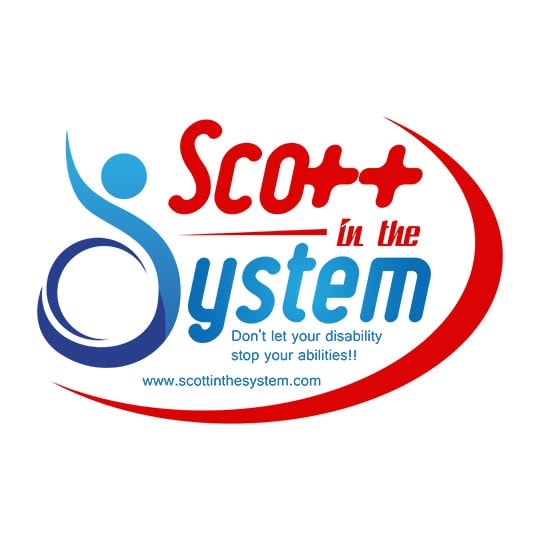Judy Heumann was an American disability rights activist who has spent her life advocating for equal rights and opportunities for people with disabilities. Her book, “Being Heumann: A Memoir,” chronicles her journey as a disabled person and the challenges she faced as she fought for disability rights.
The book begins with Heumann’s childhood in Brooklyn, where she was diagnosed with polio at the age of 18 months. Her parents were determined to provide her with a normal life, and they refused to let her disability limit her opportunities. They enrolled her in public school, where she was the only student with a disability, and encouraged her to be independent.
Heumann’s experience in public school was challenging. She faced discrimination from teachers and other students who saw her disability as a barrier to learning. However, she persisted and excelled academically. After graduating from high school, she attended Long Island University, where she majored in speech therapy.
After college, Heumann faced numerous obstacles in her job search due to her disability. She applied for over 40 positions and was rejected from all of them. Frustrated with the lack of opportunities, she decided to take action. In 1970, she and a group of other disabled activists staged a sit-in at the San Francisco office of the Department of Health, Education, and Welfare (HEW) to protest discrimination against people with disabilities.
The sit-in was a turning point in Heumann’s life. It led to the creation of the Section 504 regulations, which prohibited discrimination against people with disabilities in federally funded programs and activities. Heumann became a leader in the disability rights movement, serving as the director of the Berkeley Center for Independent Living and later as the Assistant Secretary of the Office of Special Education and Rehabilitative Services under President Clinton.
Heumann’s book is a powerful account of her experiences as a disabled person and an advocate for disability rights. She shares her struggles with discrimination, ableism, and the lack of accessibility that people with disabilities face on a daily basis. She also celebrates the victories and progress that have been made in the disability rights movement, such as the passage of the Americans with Disabilities Act (ADA) in 1990.
One of the most striking themes in Heumann’s book is the idea of disability pride. Heumann argues that people with disabilities should not be ashamed of their disabilities, but should instead embrace them as a part of their identity. She writes, “I realized that my disability was an important part of who I was, and that by hiding it or denying it, I was denying myself.”
Heumann’s message of disability pride is a powerful one, and it has resonated with many people in the disability community. The concept of disability pride encourages people with disabilities to take ownership of their identities and to celebrate their differences. It is a rejection of the ableist notion that disability is something to be ashamed of or to hide.
Throughout her book, Heumann also emphasizes the importance of community and collective action. She writes about the many people who have supported her throughout her life, from her parents to her fellow activists in the disability rights movement. She emphasizes the need for people with disabilities to work together and to advocate for each other’s rights.
Heumann’s book is not only a memoir, but also a call to action. She challenges readers to join the disability rights movement and to fight for a world in which people with disabilities have equal opportunities and rights. She writes, “We need to continue to work together, to build on our successes, to keep fighting for our rights, and to make sure that every person with a disability has the opportunity to live a full and meaningful life.”
In conclusion, Judy Heumann’s “Being Heumann” is a powerful memoir that chronicles her journey as a disabled person and disability rights activist. Her story is one of resilience, determination, and advocacy. Heumann’s message of disability pride and community empowerment is particularly relevant in today’s world, where people with disabilities still face discrimination and marginalization.
Heumann’s book serves as an inspiration for people with disabilities and their allies. It provides a roadmap for how to fight for disability rights and create a more inclusive society. It also highlights the progress that has been made in the disability rights movement, while acknowledging that there is still work to be done.
One of the strengths of Heumann’s book is her ability to convey the emotional impact of her experiences. She writes about the pain of rejection and discrimination, but also about the joy and empowerment that comes from activism and community building. Her personal story is a reminder that behind every policy and law, there are real people with real stories and struggles.
Another notable aspect of Heumann’s book is her focus on intersectionality. She acknowledges that people with disabilities come from diverse backgrounds and face different forms of discrimination based on factors such as race, gender, and sexuality. She writes, “We need to understand the connections between our struggles and work together to build a more just and inclusive society for everyone.”
Overall, “Being Heumann” is a powerful and inspiring memoir that provides a window into the disability rights movement and the experiences of people with disabilities. It is a call to action for all of us to join the fight for disability rights and to create a more equitable and inclusive world.

